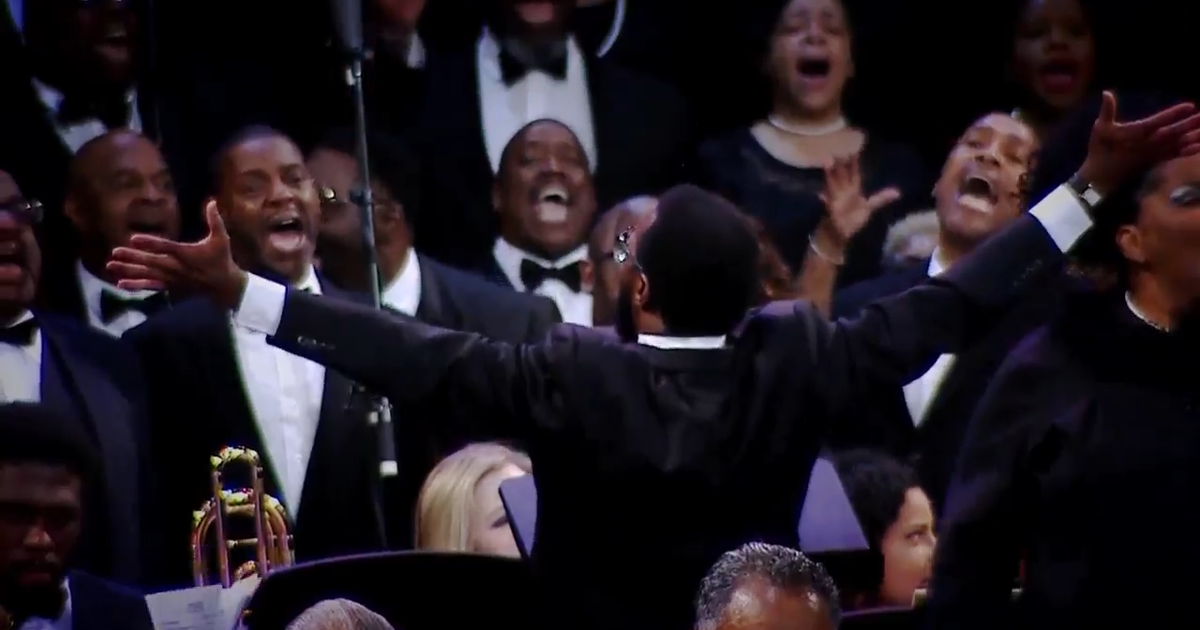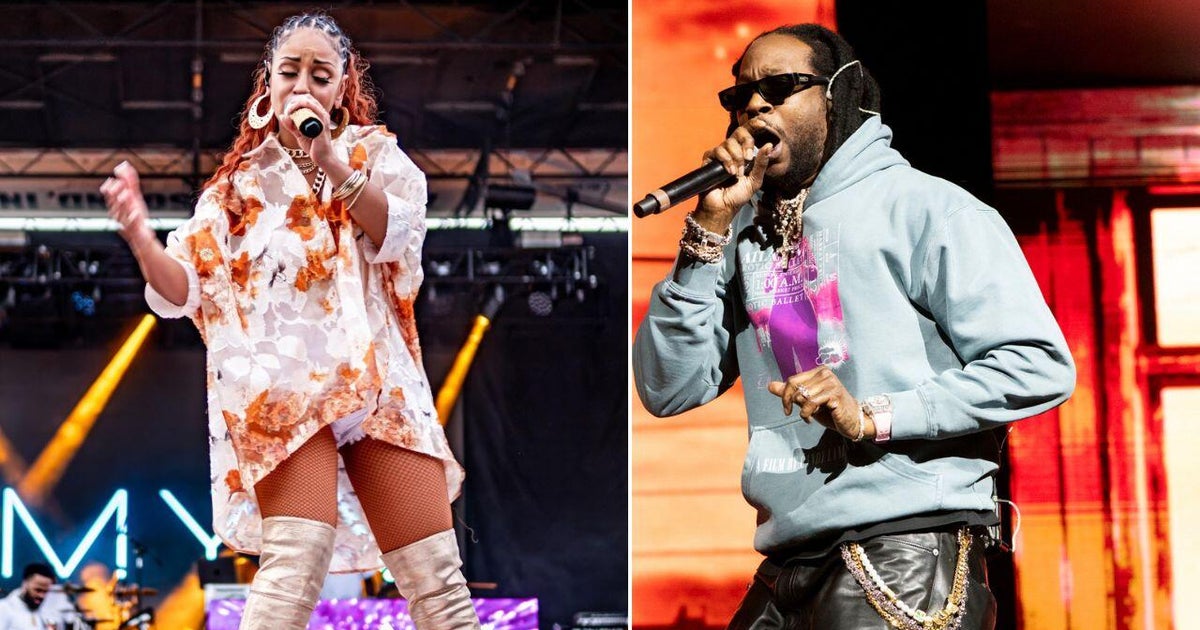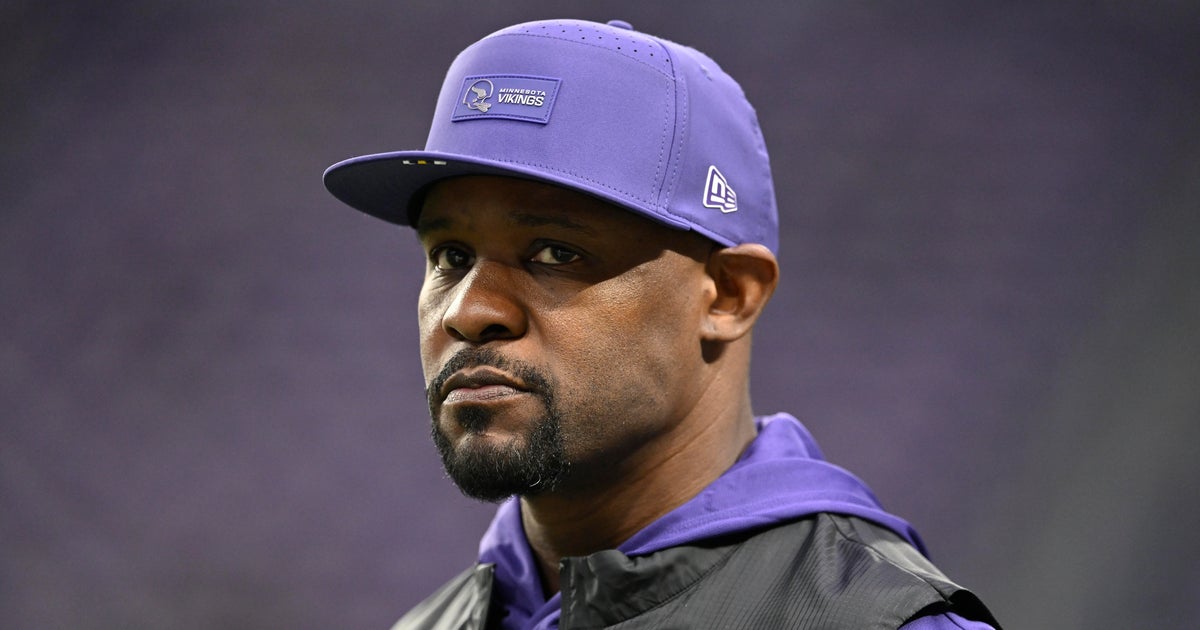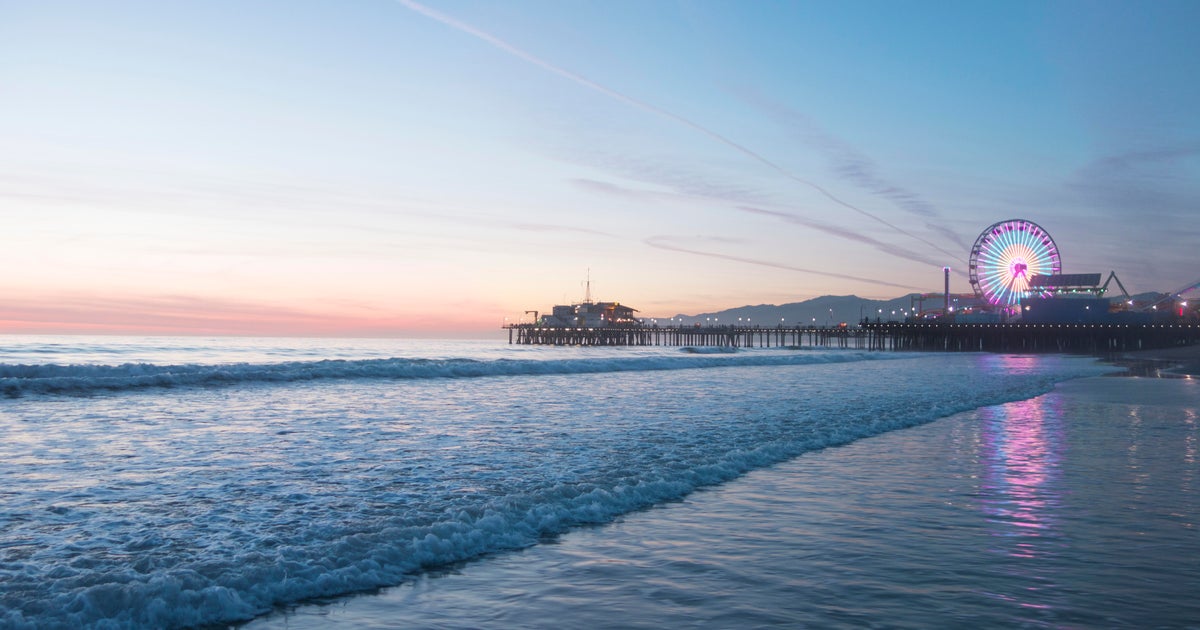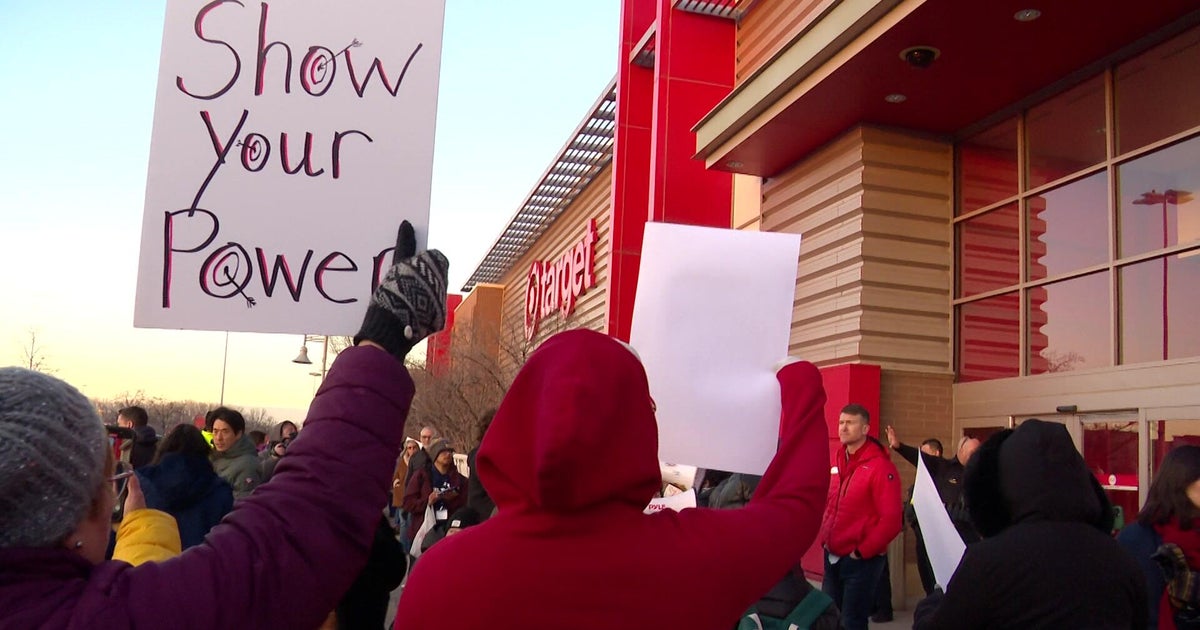Artists Question National Anthem After Kaepernick's Protest
SAN FRANCISCO (CBS SF/AP) — Grammy-winning R&B singer Anthony Hamilton has sung the national anthem in the past. Don't ask him to sing it in the near future.
Hamilton's frustration with "The Star-Spangled Banner" is shared by some other black Americans, who feel like the tune sung before major U.S. events is not the best representation of all Americans.
That sentiment became part of the national conversation after the NFL's Colin Kaepernick announced he would not stand for the anthem in protest of racial discrimination against blacks in the United States, particularly after a spate of police shootings of African Americans.
Since Kaepernick has decided to take a knee while the anthem plays at games, others have followed suit, from the NFL to high school to other sports.
There are still plenty of singers singing the national anthem at major events. But Hamilton is among those who are reconsidering whether they'd do so.
"I'm gonna take a little time away from the anthem until it starts feeling like it's for me," said Hamilton, who is black. "We need a new song, one that really speaks for all of us, or bring some new life to the one that we have."
Several musicians declined to be interviewed for this story. The anthem, one of the most popular songs in the country, has become a badge of honor for musicians when invited to sing it, and a well-received live performance of the song normally boosts an act's career. Whitney Houston's performance of the anthem at the Super Bowl is considered one of her greatest, and one of the best renditions of it.
Alicia Keys, who has performed the anthem at the Super Bowl and other events throughout her 15-year career, said she gets where the San Francisco 49er quarterback is coming from.
"I understand. I understand," she said seriously in an interview.
Keys, who like Kaepernick is biracial, said that she learned new information about the anthem after the athlete's protest sparked countless articles. A third verse that is rarely sung includes the lines, "No refuge could save the hireling and slave/From the terror of flight or the gloom of the grave."
Francis Scott Key, the song's author, was a supporter of slavery.
"To actually read the facts, you know, I can understand it. It's time for a lot of things to change. We know what this country was built off of and based off of, and it's time for that to evolve. It's time for the story to evolve," she said.
"There's some great things that have carried on for generations and generations and there's some things that have to change, like that was an old way of thinking and now if we're going to move toward really looking at each other in the same eyes and in the spirit of oneness, then we have to make changes from past mistakes."
That third verse is also one reason why John Legend tweeted shortly after Kaepernick's protest that he wasn't a fan of the national anthem. While Legend has sung the anthem previously, he called the anthem "weak," opting for "America the Beautiful" instead.
The NFL said teams arrange for their own anthems, and while some singers are second-guessing performing the song after Kaepernick's protest, the organization said "no teams have identified this as an issue." But on Monday at the Sacramento Kings preseason game, singer Leah Tysse, who is white, kneeled while performing the national anthem.
"I have sung the anthem before but this time taking a knee felt like the most patriotic thing I could do. I cannot idly stand by as black people are unlawfully profiled, harassed and killed by our law enforcement over and over and without a drop of accountability," Tysse wrote on her Facebook page. "The sad reality is, as a white American I am bestowed a certain privilege in this nation that is not enjoyed by all people. Black families are having much different conversations with their children about how to interact with the police than white families. Let's be honest. Until we can recognize that white privilege exists we cannot have a dialogue about race."
The Kings Organization said in a statement they "respect the personal decision of Leah Tysse to exercise her freedom of speech."
A Quinnipiac University poll released this week shows that most white Americans disapprove of protests by athletes during the national anthem while black Americans approve of the protests by an even larger margin.
Pop singer JoJo, who burst on the music scene at 13, said she's still proud to sing the anthem because of the veterans in her family.
"When I sing the national anthem, I'm thinking of the veterans in my family, and I completely respect Colin's stance to bring awareness to black people who are still facing injustice, and I really do respect it. But for me, I'm just, I enjoy singing the song," said 25-year-old JoJo, who is white.
"Well this is what my mom said to me: 'We're all just trying to somehow make things right, so if we can come together as a country over that song, great. But at the end of the day, it's easier said than done,'" she added.
Hamilton said he currently feels mixed emotions about being black in America in these racially charged times, and even sometimes feels betrayed.
"It feels like it's a lie by the way they treat us," Hamilton, 45, added of the anthem and how blacks are regarded in America. "Seems like the Constitution ain't really constituting us."
TM and © Copyright 2016 CBS Radio Inc. and its relevant subsidiaries. CBS RADIO and EYE Logo TM and Copyright 2016 CBS Broadcasting Inc. Used under license. All Rights Reserved. This material may not be published, broadcast, rewritten. The Associated Press contributed to this report.

